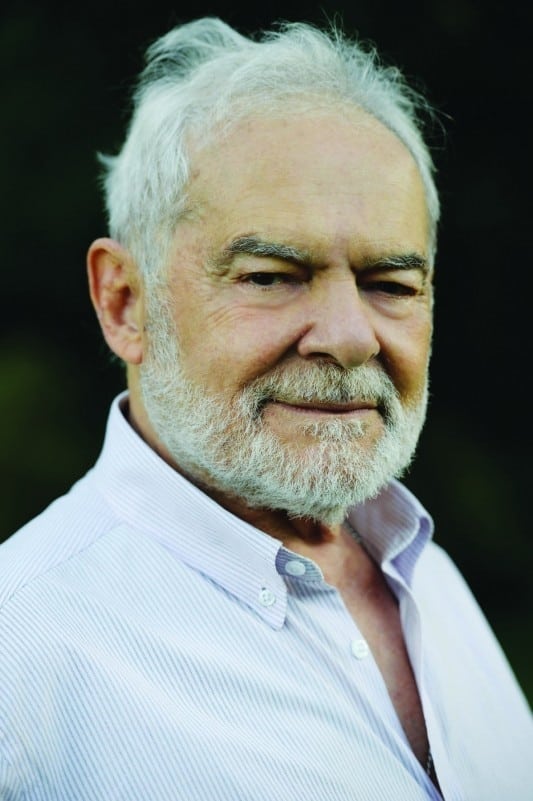
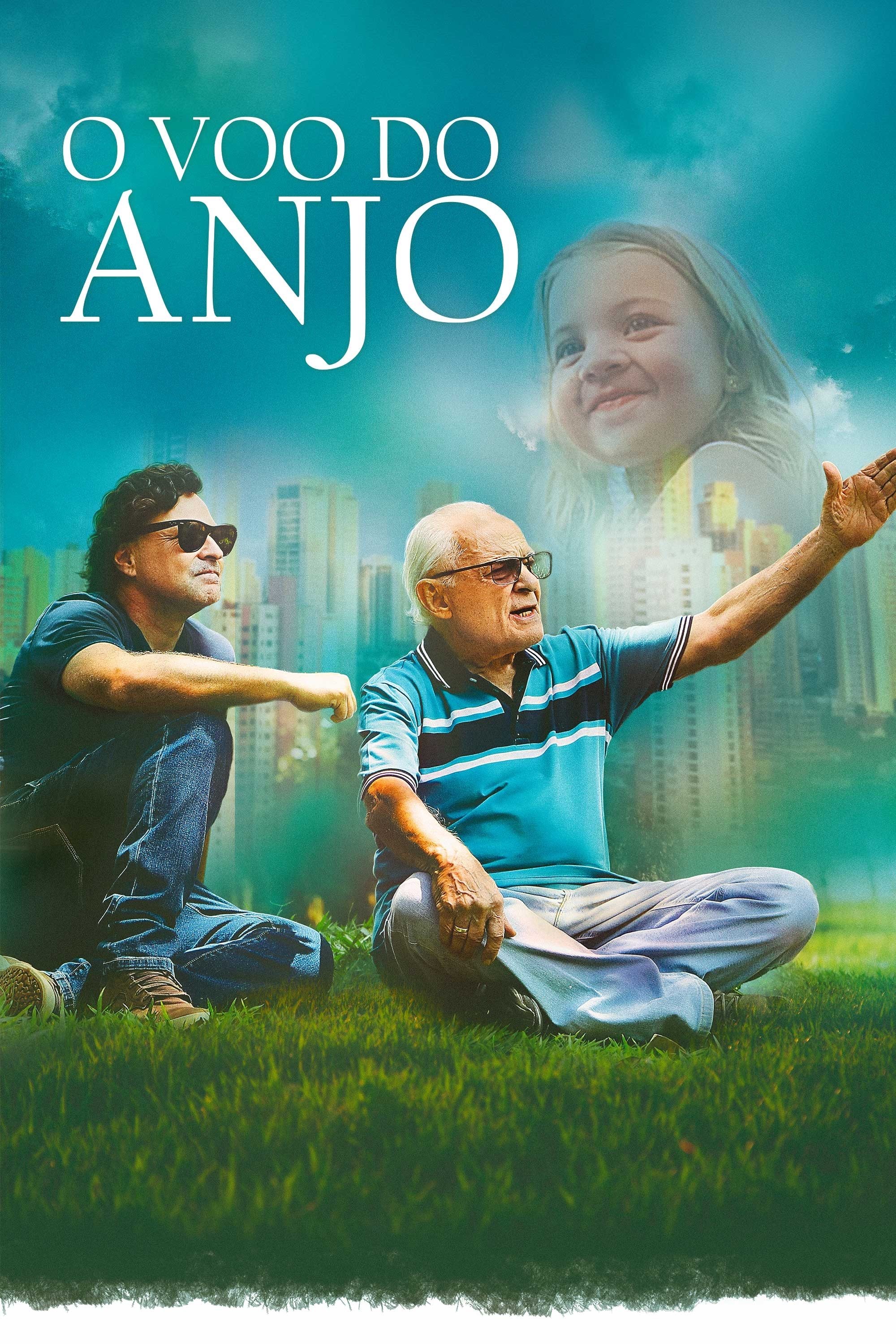
The film tells the story of a retired physics professor who meets a man who is thinking about ending his own life.
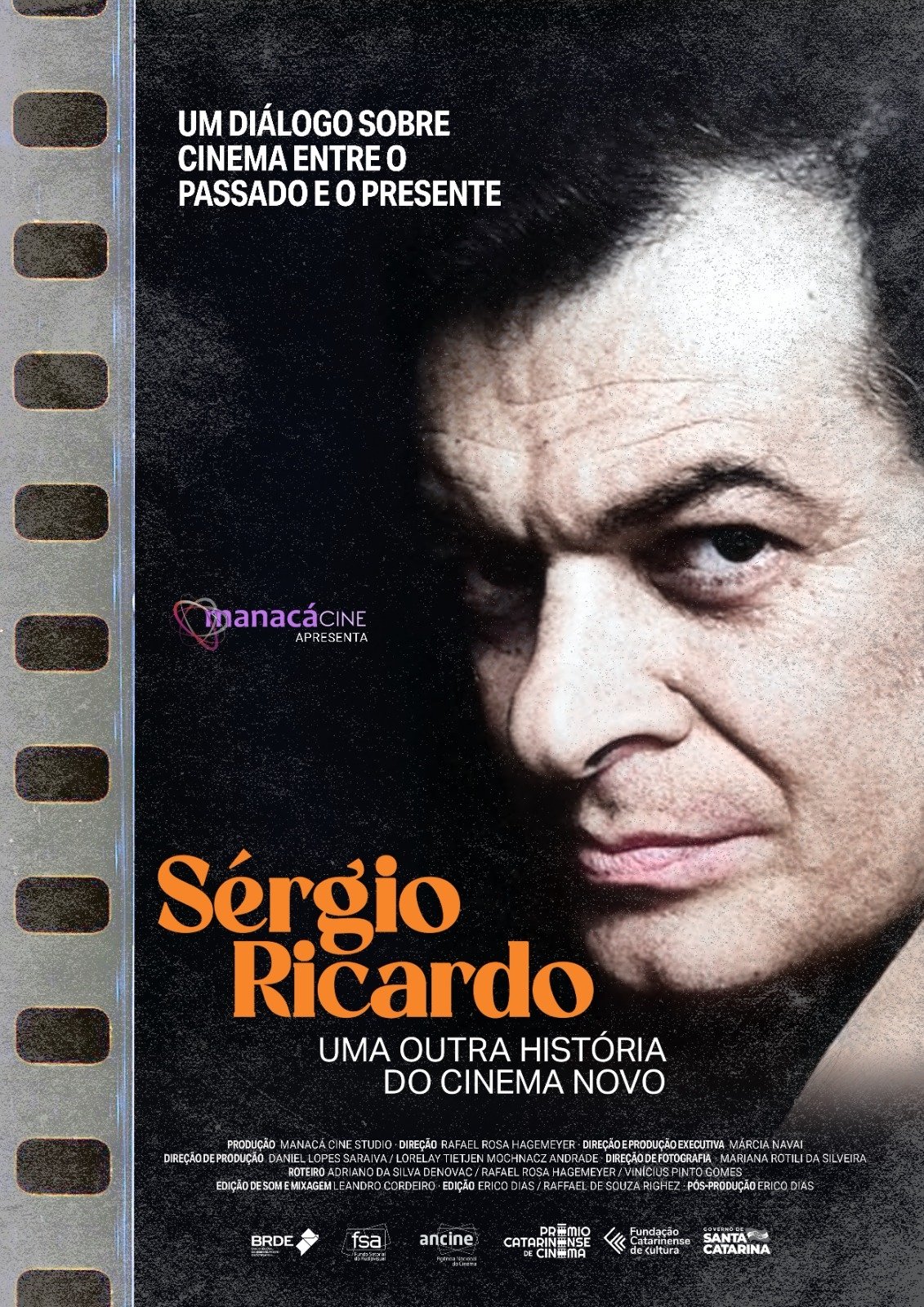
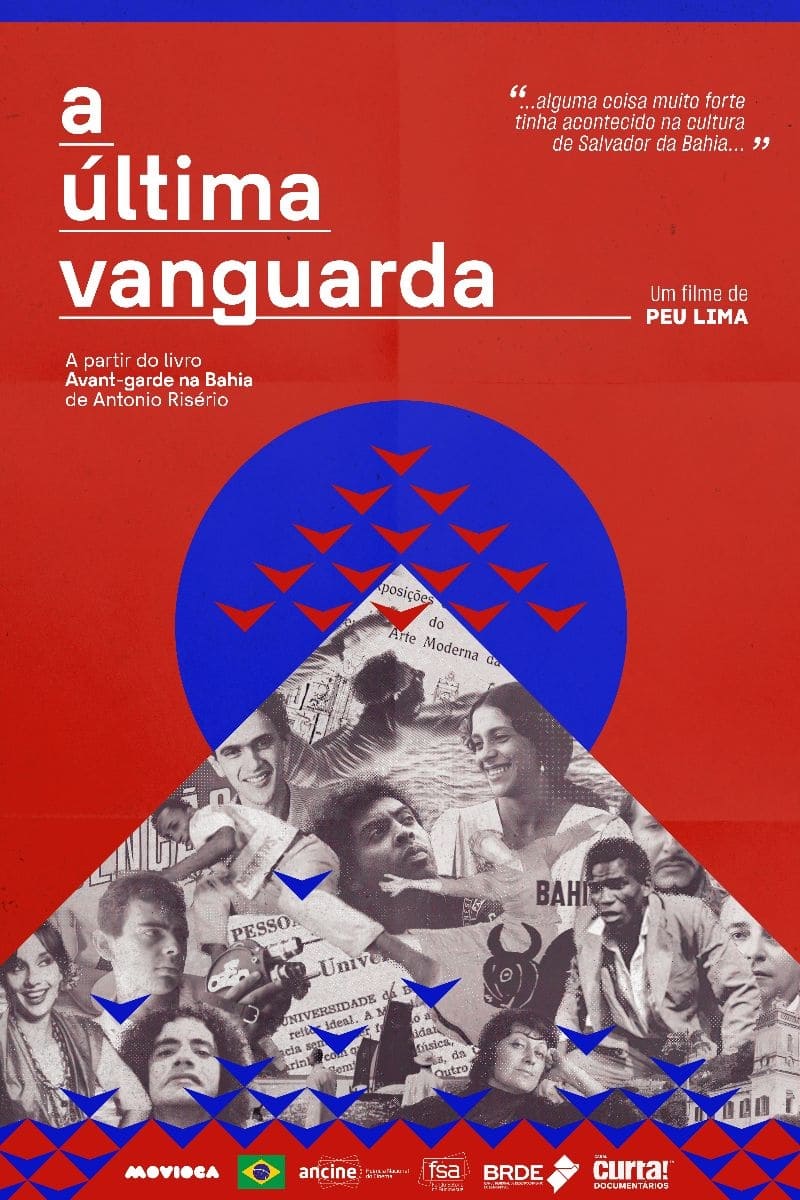
70 years ago, a visionary management in education and culture as a political strategy for the dissemination and development of Bahia gave rise to an artistic vanguard that still impacts Brazilian culture today.
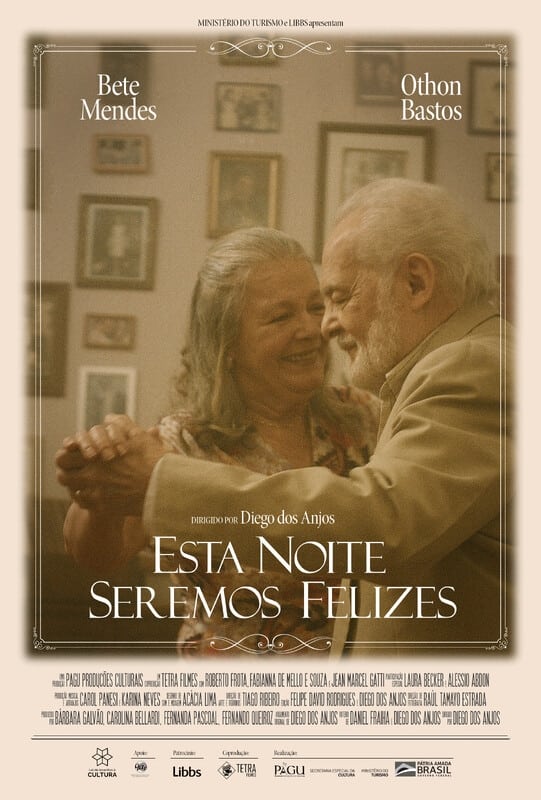
Two 80-year-olds, Miss. Daisy and Mr. Carlos, meet every week at the "Tonight We Will Be Happy" ball to live a delicate and nostalgic love story.

While waiting for a kidney transplant, a young pianist finds an unexpected connection with her doctor — and the courage to fulfill her musical dreams.
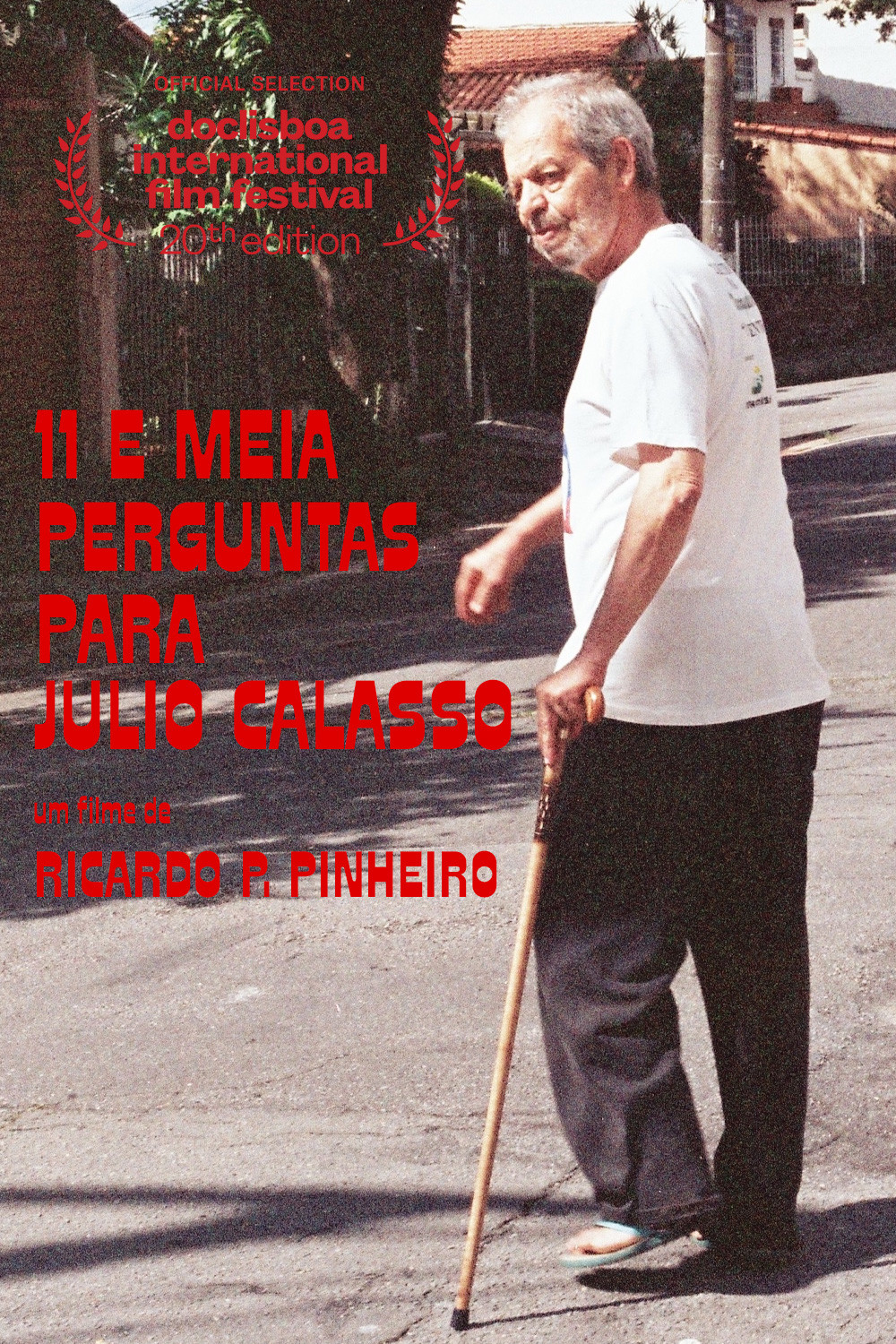
A final conversation with departed actor, director and musical producer Julio Calasso Jr., a key character in the Brazilian artistic scene. At his old house in Butantã, São Paulo, Julio talks about his experiences, frustrations, joys and tragedies.

In six decades, Teatro Oficina has done more than revolutionize theatrical language in the country: the aesthetic influence of José Celso Martinez Corrêa's company extends from Tropicalism to the renewal of Brazilian audiovisual languages from the 1960s onwards. The film revisits a story that it involves personalities such as Caetano Veloso, Glauber Rocha, Lina Bo Bardi, Chico Buarque and Zé do Caixão, brings together scenic art, ecology, architecture and sexuality, and mixes art and life in the search for a Brazilian based language.
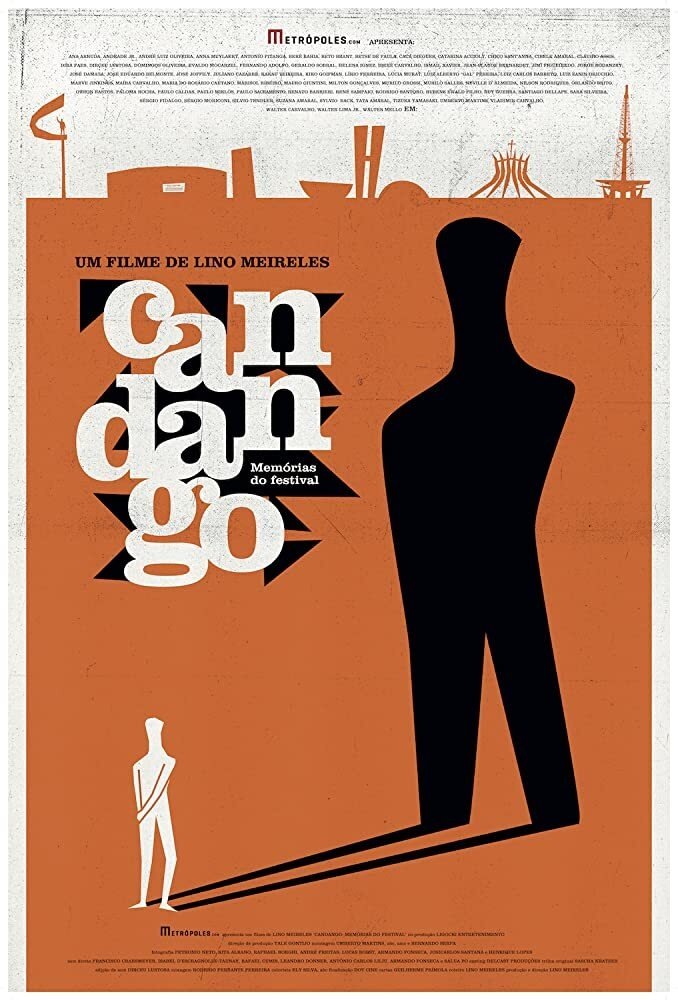
In 1965, a year after the military coup in Brazil, an oasis of freedom opened in the country's capital. The Brasília Film Festival: a landmark of cultural and political resistance. Its story is that of Brazilian cinema itself.
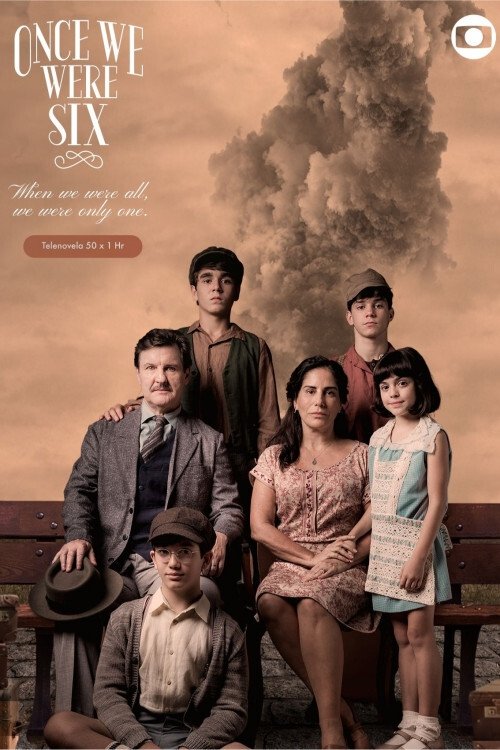
The plot tells the history and daily life of the Lemos Family between the 1920s and 1940s. Júlio works in a fabric store and has the ambition of getting rich to offer his family a good life. His wife, Lola, does everything she can to keep her family together, because she believes that this way they can move on.
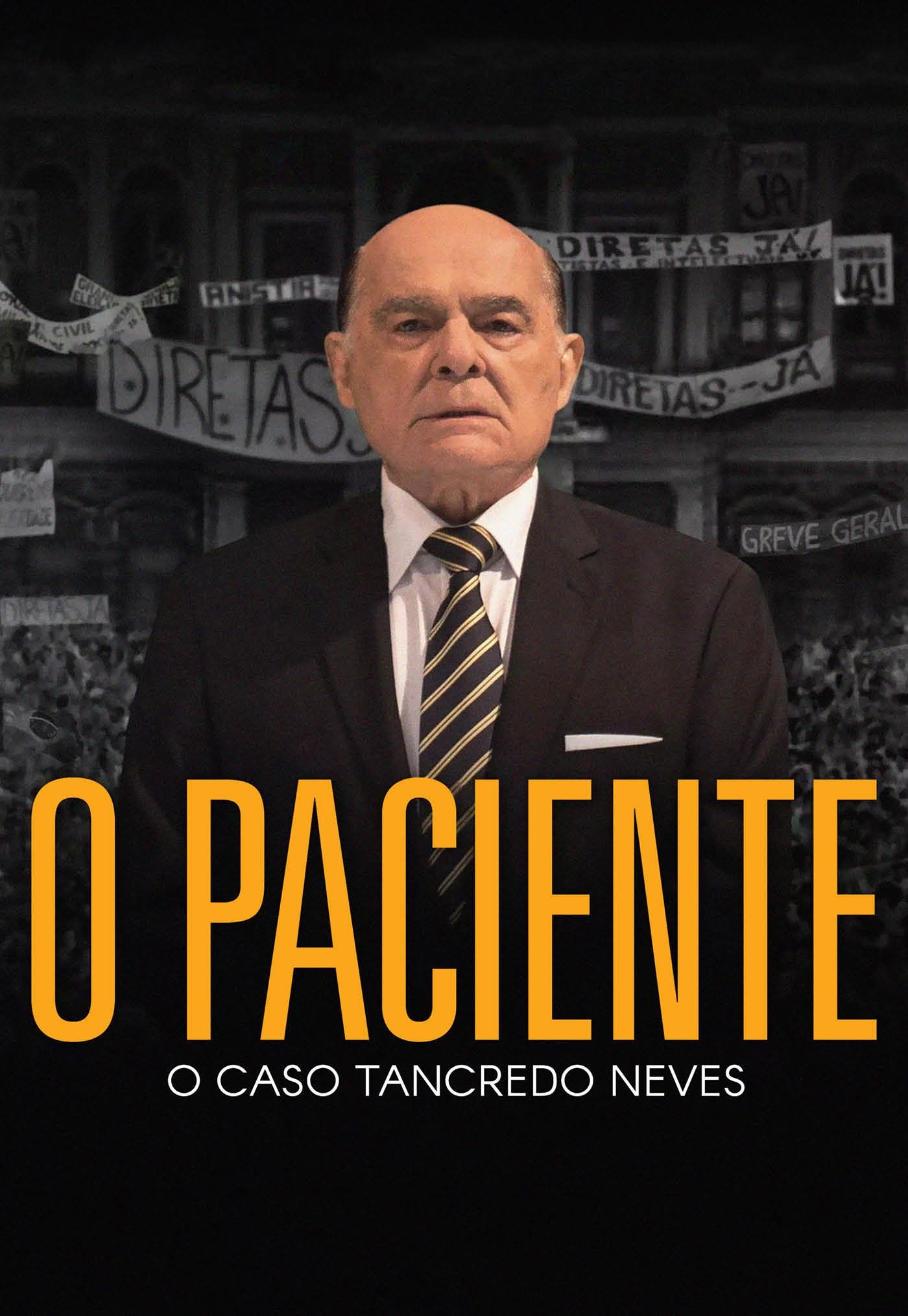
The true story of Tancredo Neves, the first civilian president of Brazil after a 20-year military dictatorship, and the infamous hospitalization which led to his death before he ever managed to take office.
Othon José de Almeida Bastos (Tucano, May 23, 1933) is a Brazilian actor. He is known for Black God, White Devil (1964), São Bernardo (1972) and O Paciente: O Caso Tancredo Neves (2018).
By browsing this website, you accept our cookies policy.